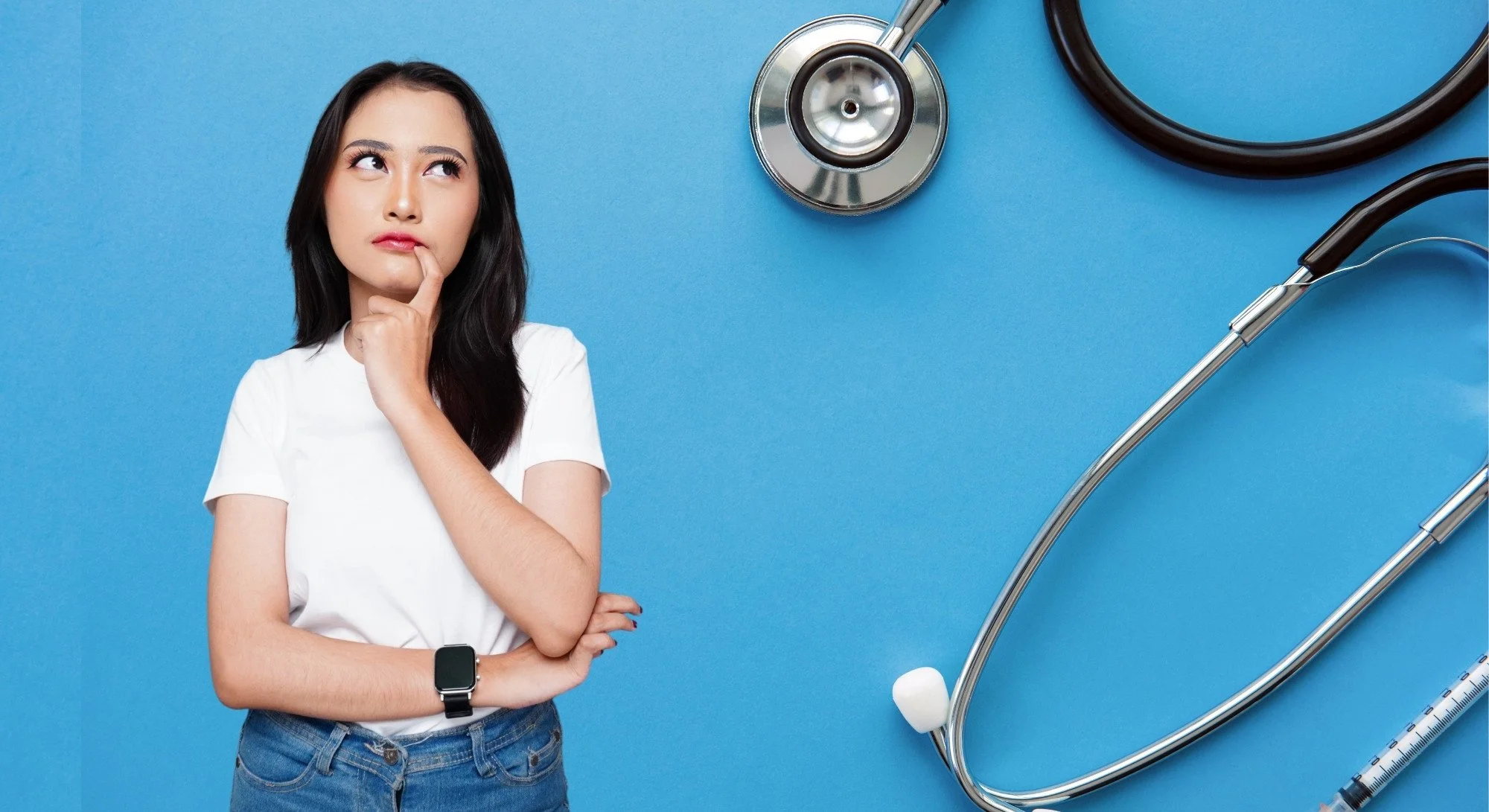5 Myths About Health Checks in Japan
Japan is known for its long life expectancy and strong focus on preventive healthcare—and a big part of that is the Ningen Dock, a comprehensive health screening that millions of people do each year. But if you're new to the idea, you might have heard a few things that made you hesitate. Let’s clear the air. Here are some of the most common myths about getting a health check in Japan—and what’s actually true.
Myth 1: You don’t need it if you “feel fine.”
Truth:
Many serious conditions (cancer, diabetes, hypertension) develop silently. By the time you “feel” anything, it may already be advanced. That’s why Japan invests so much in preventive screenings.
Myth 2: It’s impossible if you don’t speak Japanese.
Truth:
Many major hospitals in Japan now offer English-speaking services for international patients. Some even have full international departments and provide translated reports. Booking through a trusted medical agent or partner (like Wellness Japan) makes it even easier.
Myth 3: It's too intense or invasive.
Truth:
Most exams are non-invasive: blood work, urine samples, imaging (like ultrasounds or X-rays), ECGs, and basic measurements. Optional tests (like endoscopy or MRIs) are offered with consent. It’s structured, efficient, and usually completed within a half or full day.
Myth 4: Health checks in Japan are only for sick people.
Truth:
Actually, the Ningen Dock system was built for healthy people—the goal is early detection before symptoms show up. Many Japanese adults get one every year as part of a preventive care routine, especially through their employers.
Myth 5: One checkup is enough for life.
Truth:
The real power of Ningen Dock comes with routine use—annual or biannual visits help track changes, catch issues early, and build a long-term picture of your health.
Bottom line?
Getting a health check in Japan—especially a Ningen Dock—is one of the smartest things you can do for your long-term health. It’s not scary, not just for the sick, and definitely not out of reach. With the right information and support, it’s a smooth and empowering experience.
Ready to take the first step? Contact an agent to learn how to schedule your checkup in Japan.

